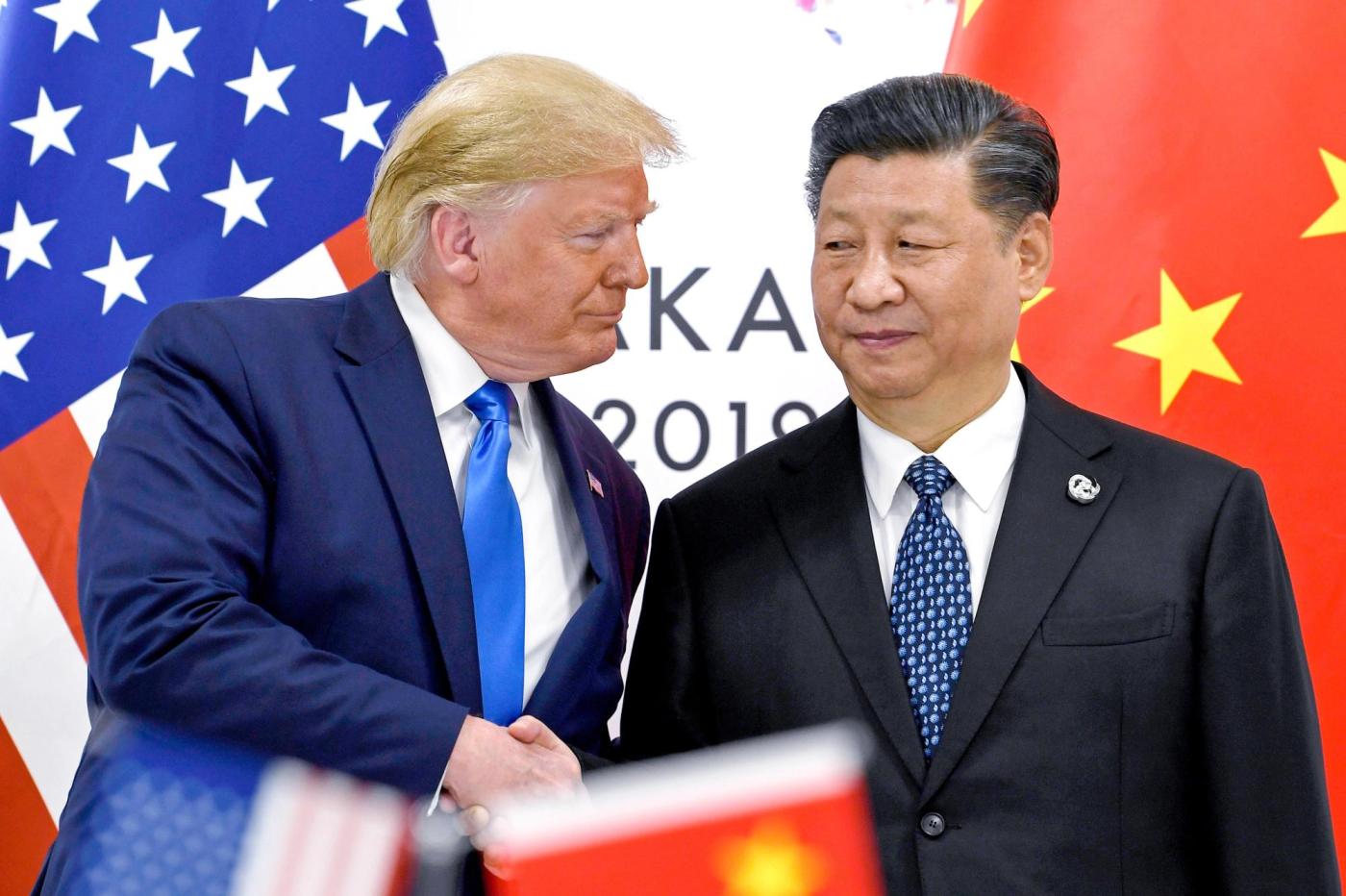**U.S. Launches Investigation Into China’s Compliance with 2020 Trade Deal Amid Rising Tensions**
WASHINGTON — U.S. officials have initiated an investigation to determine whether China has honored its commitments under the 2020 trade agreement, which then-President Donald Trump hailed as “an incredible breakthrough.” The announcement came Friday from U.S. Trade Representative Jamieson Greer, coinciding with Trump’s scheduled trip to Asia, where he planned to meet Chinese President Xi Jinping to ease mounting trade tensions between the world’s two largest economies.
Beijing has confirmed that Xi will visit South Korea to attend a regional economic meeting and conduct a state visit. However, it has not yet confirmed whether Xi and Trump will meet while both are in South Korea. This potential summit is highly anticipated, especially as trade tensions have escalated once again. Both countries have imposed additional trade restrictions on each other, with Trump threatening a new 100% tariff on Chinese goods.
China has demanded that the U.S. refrain from threatening new trade restrictions while seeking dialogue. It remains unclear how Greer’s investigation announcement will impact ongoing negotiations. According to Wendy Cutler, a former U.S. trade negotiator and current vice president at the Asia Society Policy Institute, “the administration seems to be looking for new sources of leverage to use against Beijing, while adding another pressure point to get China to buy more U.S. soybeans as well as other goods.”
During Trump’s first term, the U.S. imposed tariffs on a wide range of Chinese imports. In response, Beijing targeted American products, escalating a dispute centered on China’s aggressive efforts to overtake U.S. technological leadership. The U.S. accused China of unfairly subsidizing its tech companies, engaging in intellectual property theft, and forcing U.S. and other Western companies to transfer trade secrets in exchange for market access.
After more than two years of negotiations, the two countries reached a truce in early 2020 through the so-called Phase One deal. This agreement required China to significantly increase its purchases of U.S. exports, particularly soybeans and other agricultural products. However, more challenging issues, such as China’s technology subsidies, were deferred to future discussions.
The COVID-19 pandemic disrupted trade relations shortly after the Phase One deal was implemented. In 2022, U.S. farm exports to China reached a record high before declining sharply this year amid escalating tensions and a renewed tariff war following Trump’s return to the White House. Notably, China has ceased buying American soybeans, despite being the top overseas market for U.S. soybean farmers.
An analysis by the Peterson Institute for International Economics revealed that China purchased only 58% of the total U.S. goods and services exports it had committed to under the agreement in 2020 and 2021. Cutler noted, “It is no secret that China did not live up to its obligations under the Phase One agreement, most notably its commitments to buy more U.S. goods.”
The investigation announced Friday is being conducted under Section 301 of the Trade Act of 1974, which addresses unfair trading practices. The Office of the U.S. Trade Representative has scheduled a public hearing regarding the case for December 16. This investigation could lead to additional trade sanctions against China.
Currently, U.S. tariffs on Chinese products total 55%, including tariffs remaining from Trump’s first term. In early October, President Trump threatened to impose an additional 100% tariff, potentially raising the total to 155%, after China expanded export controls on rare earth materials. However, Trump later acknowledged that such a triple-digit tariff would be “not sustainable.”
As the investigation proceeds and leaders prepare to meet, international observers will closely monitor developments that could shape the future of U.S.-China trade relations.
https://www.chicagotribune.com/2025/10/24/us-investigating-china-2020-trade-deal/


